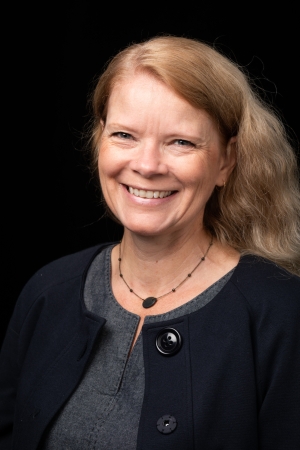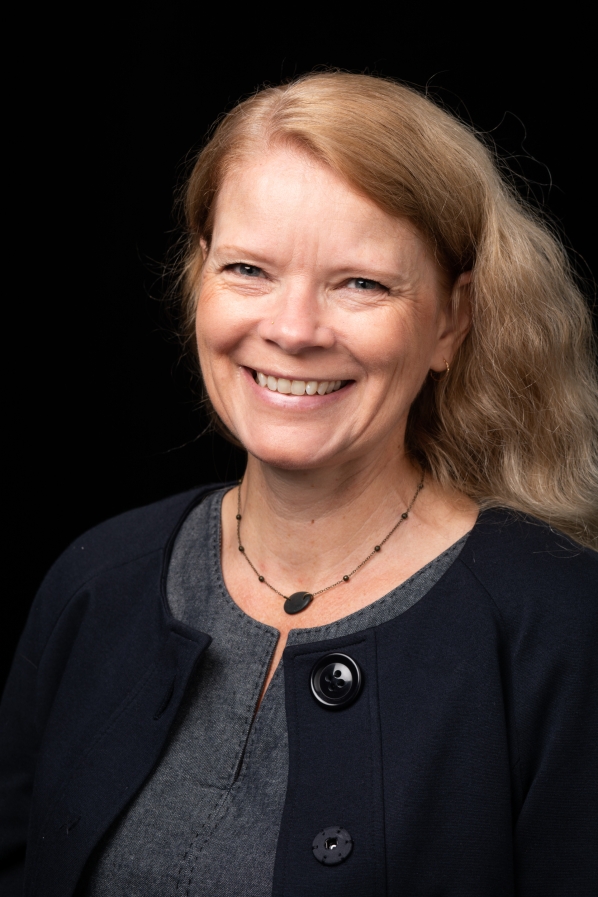Q: What is your current job title?
A: Spangler Distinguished Professor of Early Literacy.
Q: What is your current department?
A: Reading Education and Special Education (soon to be Child Development, Literacy, and Special Education).
Q: How long have you been teaching at Appalachian State University?
A: Since August 2022.
Q: What course(s) do you teach for the Doctoral Program?
A: EDL 7011 - Multidisciplinary Seminar on Emerging Issues I; EDL 7160 - Qualitative Methods
Q: What are your current research interests/projects/grants?
A: Equity, Early Childhood, Teacher Education, Early Literacy, Elementary Literacy, High-performing Teachers and Schools, Culturally Sustaining Pedagogies, Humanizing Pedagogies, Historically Ignored Young People in Schools, Professional Learning/Continuous Improvement
Qualitative Methods - Critical Ethnography, Poetic / Narrative Inquiry, Arts-Based Methods, Case Study, Grounded Theory, Naturalistic Inquiry/Interviewing as Qualitative Research, Classroom/School-based Research
Note: I have an interest in Mixed Methods but have only conducted one such study
2019-2023-Learning Teaching as an Interpretive Process (Hrabowki Innovation Fund)
2016-2022- Culturally Sustaining Pedagogies of High Performing Early Literacy Teachers (Spencer Foundation)
2020-2022-Humanizing Pedagogies in the Pandemic and Beyond (U.S. Department of Education)
Q: What's your favorite thing about Appalachian State University?
A: I absolutely love my colleagues and the RCOE as a whole! As a scholar of "high-performing" schools, I see App as fulfilling all of the criteria of a highly effective school; for example, it has strong community connections, high-performing faculty, and is mission driven. I also love the way it feels to live up on this ancient mountain chain.
Q: What advice do you have for doctoral students?
A: Take advantage of the space that you're in. There won't be another like it. Talk to mentors; seek them out. Read, read, read. Write, write, write. Question. Share. Dialogue. Cultivate documentary and organizational practices that enable you to track your learning. Find creative ways to process & document your learning. Work smart.
Q: What are some of your main goals as an instructor related to student learning?
A: I believe that faculty in strong doctoral programs do a good job of apprenticing their students into the field. Since our EdD is focused on developing scholarly practitioners, one of my main goals is to provide guided practice with what it means to be a scholarly practitioner. As a doctoral student, I had very strong and nurturing mentorship (or alimentary as my colleague Joy Howard and I have written); in apprenticing students now, I strive to carry forth the legacy of my own mentors.
Q: What is your favorite quote?
A: "Everything that makes more of you than you have ever been, even in your best hours, is right. Every intensification is good." — Rainer Maria Rilke

